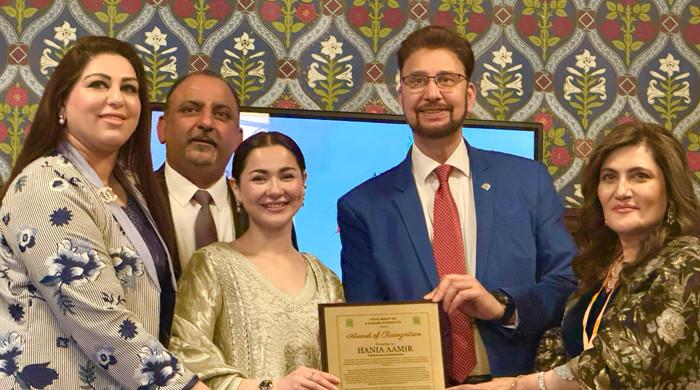Emmy-nominated 'Turning Point' goes beyond 'American voices' on 9/11: Mohammad Naqvi
Mohammad Ali Naqvi speaks on his motivation behind creating the Emmy-nominated docuseries 'Turning Point'
July 30, 2022
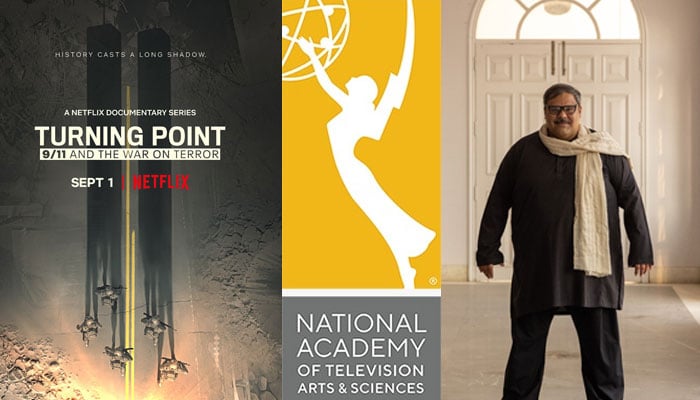
Amid the political unrest, economic upheavals, and the current social conundrum, Pakistan has heard its first good news in a very long time.
American-Pakistani filmmaker, Mohammad Ali Naqvi, has added another feather in his hat with an astounding Emmy nomination for his docu-series Turning Point: 9/11 and the War on Terror.
The docu-series, which has received a nod in the “Outstanding Politics and Government Documentary” category, strives to tell 'a more complete story' of the "War on Terror” by featuring perspectives from the ‘other side’, beyond American voices.
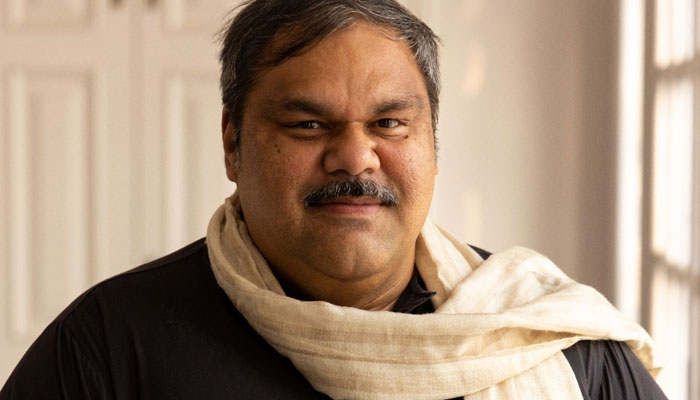
In his quest to explore themes of human rights, social justice, politics, and identity in contemporary Muslim and South Asian narratives, Mr Naqvi tells Geo News how he strives to draw attention to taboo topics like religious extremism, minority rights (or lack of) and women’s and children's rights.
For the Shame producer, filmmaking is about challenging the status quo to present nuances and perspectives around a pressing issue. Perhaps, this very mindest has helped him add his name among one of the most visionary filmmakers in the world.
How do you feel over this surreal nod from the Emmys?
I am so touched and so proud that all of our hard work has been recognised. This was such a labour of love. I have worked with such an amazing team. It is a privilege to just be nominated.
This is actually the second time I am being nominated in the same category. The first time was in 2017 for my film Among The Believers. I also won a special Academy honour for my film Shame back in 2008.
Was there a particular incident in your life that compelled you to create Turning Point: 9/11 and the War on Terror?
I arrived in New York just before 9/11, and I founded my theatre company, B.L.A.H Productions. But once 9/11 happened, it became obvious that I had to turn my focus to stories from my homeland.
9/11 for me was such a seminal event. Everything changed for me after the attack. I experienced repeated systemic Islamophobia—from being forced to be a special registrant, to being detained by security officers, to being interrogated by FBI agents. Still, my desire to bring layered, complex stories of Pakistani and Muslim culture to audiences internationally remained undeterred.
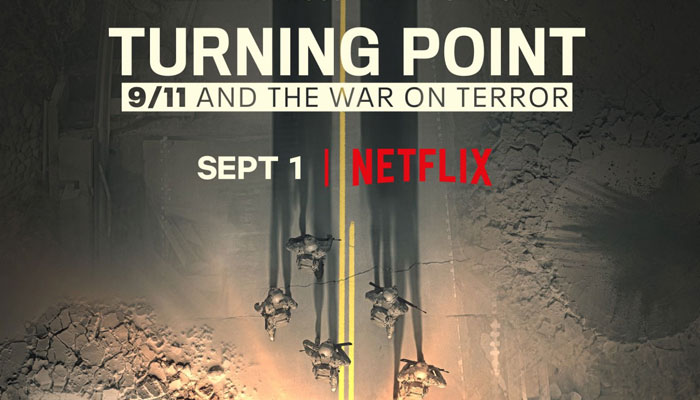
One experience I clearly remember was my return to New York in 2002. I had just finished shooting Terror’s Children in Pakistan for the New York Times/Discovery channel.
When I got off the plane, they sent me to a secondary inspection room. This is what happened next:
I was interrogated for seven hours by immigration officers in a fluorescent and sterile room at JFK. My suitcase was ripped apart and its contents were strewn on the floor.
“You’re lucky that I’m letting you go. But I’ll be keeping an eye on you.”
The officer kicked my torn suitcase towards me. “You can pack up now,” he finished.
If this man’s intention was to silence me or discourage me from pursuing filmmaking- it didn’t work. If anything, it strengthened my resolve to showcase authentic voices from my part of the world.
How do you feel about this widespread popularity and resonance with your docu-series?
I am of course very touched that so many people are liking our series. When people say that one person really can make a difference- it is TRUE, I have had the privilege and opportunity to shape narratives and put Pakistan in a positive light with persistence and determination.
A winning tip for young and aspiring filmmakers in Pakistan?
Watch the films of Ingmar Bergman. His understanding of the human condition is beyond exemplary. On the surface, his films inhabit a very dark space, but a sophisticated analysis can easily demonstrate Bergman's limitless compassion and empathy for humanity.
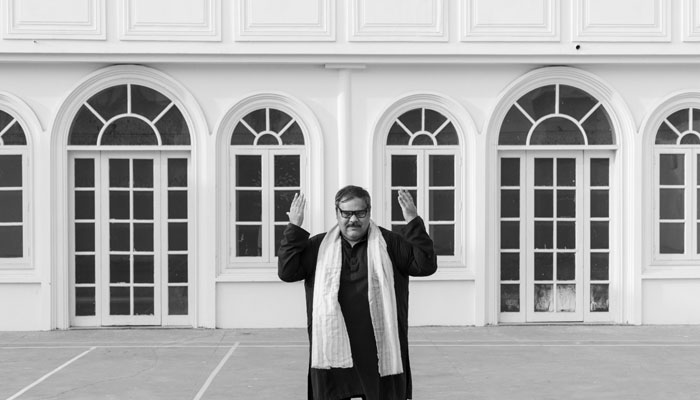
It's about seeking a rare, hidden, profound, and ultimately real beauty, in the most fantastical of places. I recommend seeing "Wild Strawberries", it changed my life
Also, live a life. Live a life so you have something to write about and share with the audience. A story that ONLY you can share.






